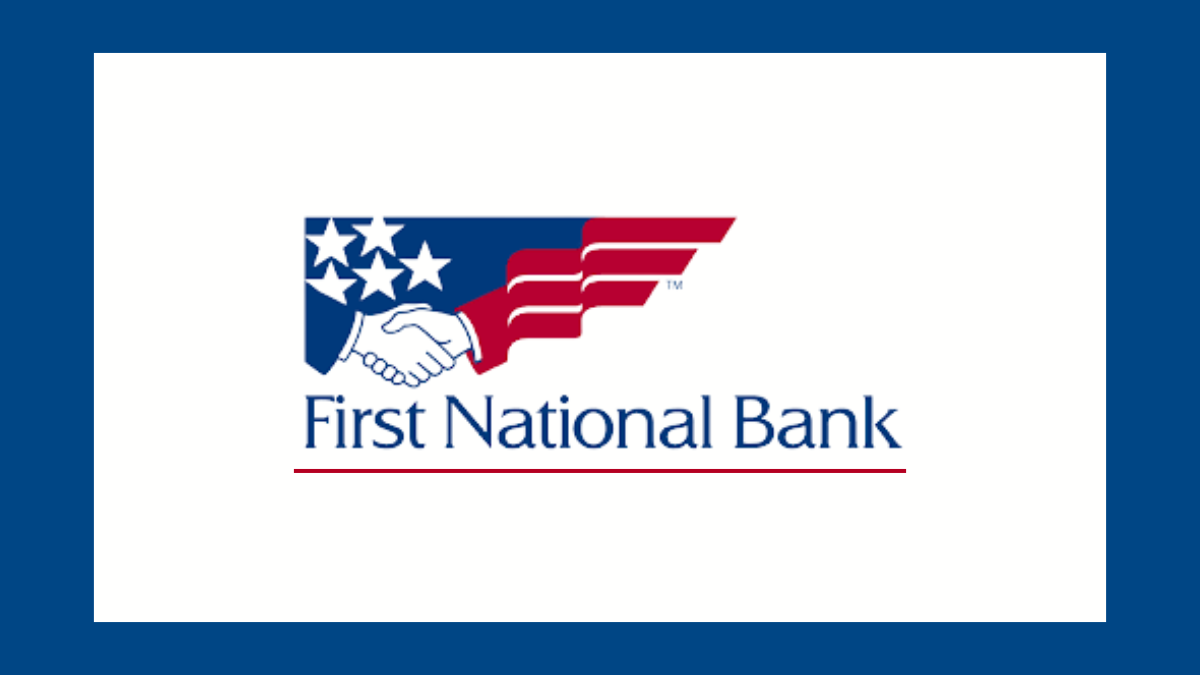Investments
How to Find Good Investments for Starters
In this article you are going to learn how to find investments for starters. Read on and make better investments!
Advertisement
If you are a beginner investor, here are a few tips that will help you get started

If you’re still not investing your money, it is the time! Learn how to find the perfect investments for starters and grow your money for the future you.
Too many people make the mistake of thinking investing is reserved for the rich.
They go about their lives never investing a penny, only to find out years later how much money they left on the table.
Although it might have been true in the past that investing is a rich man’s game, that barrier has long been knocked down.
A number of companies and services have made it their mission to make investing accessible to virtually anyone.
Nowadays, even those with small amounts of money are able to put their dollars to work for them.
In fact, there are so many investments available to beginners that almost anything you say to argue the opposite will sound like a mere excuse.

5 ways to save if you’re afraid of investing
In this article, you will learn about 5 ways to save money which reduce your risk and give you peace of mind.
However, there are those who get overly excited about investing as if it is going to make them rich overnight.
It is not. The first objective of investing is a simple one: to fight against inflation.
Fighting against inflation means doing everything you can so that your money grows faster than prices. Investing does that for you thanks to compound earnings.
Compound earnings means basically the more you earn, the more you earn.
The earlier you start investing, the more time you will have to make compound interest work in your favor.
So, without further ado, here are a few things to consider when you start investing.
A few things to consider when looking for investments for starters
If you are just starting out, you should think about these before jumping in. These tips about investment for beginners will help consider a few things.
There is a lot of useful information here about investments for beginners, so make sure to keep reading.
You will be redirected to another website
By submitting this form, I agree that I am 18+ years old and I agree to the Privacy Policy and Terms and Conditions. I also provide my signature giving express consent to receive marketing communications via automated emails, SMS or MMS text messages and other forms of communication regarding financial products such as credit card and loans. Message frequency varies and represents our good faith effort to reach you regarding your inquiry. Message and data rates may apply. Text HELP for help or text STOP to cancel. I understand that my consent to receive communications is not a condition of purchase and I may revoke my consent at any time.
Time horizon and goals

In other words, how much time do you have ahead of you to achieve your goals? The more time you have, the more investing will work in your favor.
When we talk about investments for starters, many don’t know for how long they intend to keep their money invested.
Yes, there are short-term investing strategies, but they either offer low returns (such as savings accounts or money market accounts) or high risk (such as stocks and futures contracts).
Remember that investing is a waiting game. You will not see your money grow if you keep accessing it and using it for short-term expenses.
Diversification and risk tolerance
There is no such thing as a no-risk investment. All markets (whether the stock market, the bonds market, or other financial markets) have some level of risk and market volatility.
To navigate these waters, you need to understand your personal tolerance to risk. But you’ll find out that most investments suitable for starters have a low risk.
Also, you must understand how well you can sit through high market volatility, which is when prices move aggressively up or down in a short period of time.
Not putting all your eggs in one basket will help you when one of the baskets is under more risk while the others are safer. This is what we call diversification.
Be careful not to spread your money too thin across too many investments. This will reduce your profitability, and make managing your investments a more complex task.
Good investments options for starters

The title above is a bit misleading because there is no one-size-fits-all formula for what the best investment is, even if you are a beginner. But you will get the point.
If you want to learn how to find the best investments for starters, you are at the right place.
Some investments are generally considered less risky and easier to manage. If you are a beginner, they can work better for you as a starting place.
Before jumping into stocks, for example, you might want to try a simple 401(k) plan. It is not as exciting as stocks, but it will save you quite a bit of headache.
Here are a few investment types you might want to consider.
1. Employer retirement plan
The most well known employer retirement plan is the 401(k), but there are others.
If your employer offers to match a portion of your contributions, by all means take it.
This is free money; a guaranteed return on your investment, something you simply do not find easily.
You can start with any amount, although, if your employer offers to match your contributions, you should aim for their maximum match at least.
When you contribute to a 401(k), the money goes directly from your paycheck into your 401(k) account.
Most contributions for this type of account make it to the account pre tax.
Contact your HR department to learn more about your specific plan.
2. Robo-advisor
If you want a hands-off approach to investing in a diversified portfolio, you can actually do that by handing your money to a computer algorithm.
A Robo-advisor will find the best investments suitable for starters!
They charge low fees of, on average, 0.25% to 0.5% of your account balance per year. They are excellent for beginners because they require little money.
Of course you will not be completely hands-off, after all, this is your money. But robo-advisors will do the heavy lifting selecting investments of different types to create a balanced, profitable portfolio for you.
3. Index funds
Instead of picking individual stocks to invest in, why don’t you just invest in the whole market? Index funds are a basket of stocks which replicate the composition of a major index.
For example, the S&P 500 is an index that shows the performance of roughly 500 of the largest U.S. companies. If you buy an S&P index fund, you will be buying stocks of all of these companies.
Index funds take a passive approach to investing, and because of that carry lower expense ratios. They may have one caveat though, although not a major one: minimum investment requirements.
You can find index funds with minimum investment requirements of as little as $100. Still, there are options with no minimum investment requirements.
4. ETFs (Exchange-traded funds)
ETFs are very similar to index funds in that they track a certain market index and offer a passive approach to investing.
The main difference between index funds and ETFs is that ETFs are traded like stocks throughout the day. The price of the ETF represents its minimum investment requirement.
There are a number of different types of ETFs for you to choose from. Some track specific companies, others track specific industries. It is a vast world and we encourage you to explore it.
Recommendation: Learn more about investment fees and keep an eye on them
Some investments have fees, some do not. But fees are always something to be aware of when we talk about finances.
We’ve made a full article for you explaining what investment fees are. Read the content below to keep improving your investment knowledge.

What are typical investment fees?
Fees are an important part of investing. In this article we are going to tell you some things you must know about the subject.
About the author / Danilo Pereira
Trending Topics

First National Bank eStyle Checking account review
In this First National Bank eStyle Checking account review you will learn how this account protects you from overdraft fees.
Keep Reading
Best secured credit cards: build and establish good credit!
Find the best secured credit cards for your needs, compare all of our top rated options, and learn about their benefits and drawbacks.
Keep Reading
Credit Card red flags to avoid
Don't let unexpected fees, risky purchases and hidden charges catch you off guard. Here are the credit card red flags to watch out for!
Keep ReadingYou may also like

How to get a personal loan? Get the funding you need.
Learn how to get the best personal loan rates, find the right lender, and make sure you’re fully informed about your borrowing options.
Keep Reading
How to get your African Bank Gold Credit Card: Low monthly fee and credit life protection
In this African Bank Gold Credit Card application guide, we will show you how to get this card fast so you can start enjoying its benefits.
Keep Reading
Capitec Home Loan application: Flexible Repayment Terms For Savvy Borrowers
Ready to get a loan with low interest and flexible repayment options? Then follow our Capitec home loan application guide.
Keep Reading